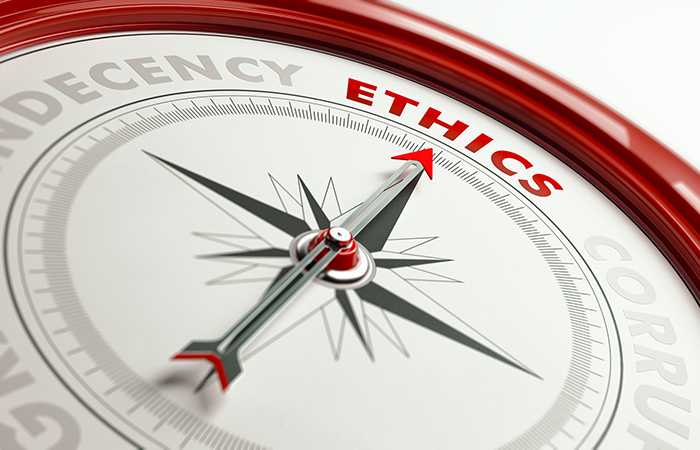Unlock the US Election Countdown newsletter for free
The stories that matter on money and politics in the race for the White House
Washington’s top climate diplomat John Podesta has pressed Chinese leaders to come up with ambitious plans to cut greenhouse gas emissions by 2035 in one of the final meetings between the world’s two largest polluters ahead of the UN COP29 climate summit in November.
Podesta visited China last week along with other US officials for meetings with his Chinese counterpart Liu Zhenmin and China’s foreign minister Wang Yi, as well as other ministries involved in climate and the environment.
They discussed their fresh targets to cut greenhouse gas emissions by 2035, as well as climate finance — both expected to be central to wider UN climate talks in Baku, Azerbaijan, later this year.
The UN summit will start soon after the US presidential election, with preparations being made in the shadow of a threat by Donald Trump to withdraw from global climate action were he to win.
Chinese state media reported after the Podesta meetings that Beijing had called on Washington “to maintain consistency with policies and make concerted efforts with China to cope with global challenges”.
A readout from the state department said the two sides discussed their efforts to tackle methane and nitrous oxide emissions, both powerful non-CO₂ greenhouse gases, and committed to holding a summit on the topic as part of the Baku talks. Curbing these emissions is regarded as among the cheapest and fastest ways of limiting global warming in the near term.
China is the world’s largest polluter on an annual basis, contributing about 30 per cent of emissions, but has also led the world in deploying renewable energy and had met its 2030 renewable targets by this year.
By some estimates, China’s greenhouse gas emissions may have also peaked this year, in part because of an economic and property slowdown which has suppressed energy demand and the carbon-heavy production of steel and cement. Views differ on whether this represents a long-term decline, and how much future demand will rely on the rollout of new coal-fired power plants.
The country is also suffering from climate change, with the Chinese Meteorological Administration reporting last week that the average temperature in August was the hottest in six decades at 22.6C, or 1.5 C higher than last year. “Frequent and highly destructive rainstorms [and] large scale heatwaves,” were reported.
The trip to Beijing was Podesta’s first since taking over as Washington’s chief climate diplomat after John Kerry stepped down last year. It comes just months before countries convene for COP29, where both the US and China will be critical to any deal.
At COP28 in Dubai almost 200 countries agreed to move away from fossil fuels “in a just, orderly and equitable manner” to reach net zero emissions by 2050. However, in the recent Bonn climate talks, countries struggled to make further progress.
Under a road map set out in the UN process, this year countries must also agree on replacing a $100bn annual goal to help developing countries tackle climate change. So far, participants have disagreed over what sources of finance should be included, and who should contribute.
Developing countries maintain that the developed world, which historically had caused the greatest emissions, should be held financially responsible for damages from climate change.
Richer, western countries say that wealthier developing nations, such as China, Saudi Arabia, the United Arab Emirates, India and Brazil, should also contribute towards a global fund.
Another priority in Baku will be talks on carbon market principles.
Climate Capital

Where climate change meets business, markets and politics. Explore the FT’s coverage here.
Are you curious about the FT’s environmental sustainability commitments? Find out more about our science-based targets here
Credit: Source link











